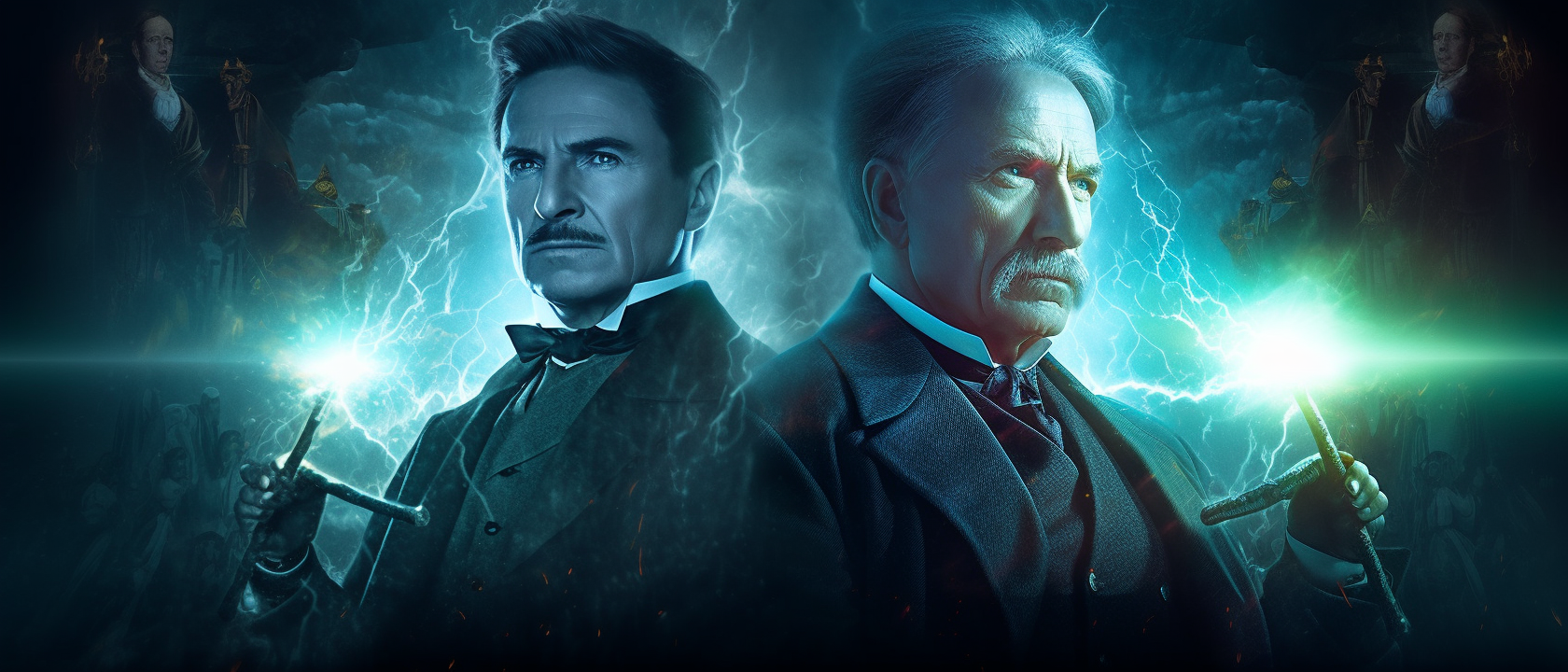Fear of the Unknown

Our instinctive reaction to new and revolutionary technology is often fear of consequences that we cannot predict. But if we can rein in our instincts and conquer our fears, maybe we can master of the technology.

Our instinctive reaction to new and revolutionary technology is often fear of consequences that we cannot predict. But if we can rein in our instincts and conquer our fears, maybe we can master of the technology.
Most knowledge management systems are deliver on the expectations knowledge workers have of them. Tools for networked thought are ideal to develop the sorts of big picture thinking that needs to be part of a legal knowledge management system. The more you use these systems the more information they surface.
My reflections on my 2020 predictions about technological advancements. The pandemic emphasized technology’s central role in society, from remote working to vaccine development. New regulatory measures give hope for increased internet access and technology legislation in India, recognizing the need to adapt and engage with technology in new ways.
Earlier this year, as news of the incredibly realistic prose that GPT-3 was capable of generating reached me, my first thought was that I needed to figure out how to use this technology to churn out new Ex Machina articles. It wasn’t long before I realised that as a technology, it flattered to deceive. I would be far better served investing in consciously building a personal knowledge management system that help me synthesise all the various elements of knowledge I came across so that I was able to surface hidden connections.
Technological advancements can have a transformative impact. This includes deep neural networks, augmented reality, autonomous transportation, and personalized medicine. I predicts a future where technology will become more intuitive, education will be revolutionized, personal vehicle ownership may decline, and medicine will become highly individualized, though regulators may lag behind these changes.
There is a significant environmental impact to livestock production. It accounts for 40% of global agricultural output and has significant greenhouse gas emissions. To meet global warming targets, a drastic dietary shift is needed. We need to explore meat substitutes like Impossible Foods’ products, that are a promising and nearly indistinguishable alternative to traditional meat.
Every new technology has disrupted the one before it and there is always opposition to the creative destruction technology fosters. In the long run disruption is necessary and we need to favor innovation to constantly reinvigorate the economy.
The command and contro style of administration that we have been using to manage our electricity and urban water utilities so far are unable to cope with the demands of rapid urbanisation. We need to leverage technology to build decentralised urban management solutions that will enable distributed generation and supply of urban power and water.
Technology is inherently neutral but depending on how it is used it can be either good or bad. This applies to gene editing, drones and even to identity.
In the “attention economy,” businesses compete for user attention through persuasive technologies, leading to a potential technological addiction. There is a need for ethical boundaries in app design that will call for major tech companies agreeing to rewrite rules to discourage addictive persuasion, and aim for a more sustainable approach.